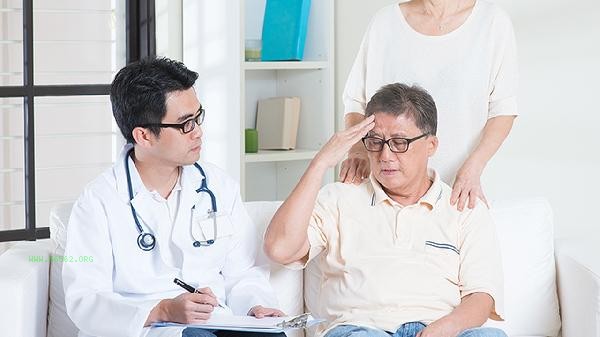The most effective ways to lower blood pressure include adjusting diet, exercising regularly, controlling weight, limiting sodium intake, and following medical advice. Hypertension may be related to genetics, unhealthy lifestyle habits, obesity, kidney disease, and other factors, usually manifested as symptoms such as dizziness and palpitations.

1. Adjust diet
Hypertensive patients need to reduce their intake of high-fat and high cholesterol foods in daily life, and can appropriately increase foods rich in trace elements such as potassium, magnesium, calcium, such as bananas, spinach, low-fat dairy products, etc. Dietary fiber helps to lower cholesterol, and you can eat more coarse grains such as oats and brown rice. Avoiding excessive consumption of coffee or strong tea, quitting smoking and limiting alcohol intake can help stabilize blood pressure.
2. Regular Exercise
Engage in 3-5 aerobic exercises per week, such as brisk walking, swimming, or cycling, for 30-60 minutes each time. The appropriate intensity of exercise is slight sweating and normal conversation, to avoid sudden blood pressure rise caused by intense exercise. Tai Chi, Ba Duan Jin and other soothing exercises can also help regulate autonomic nervous system function.
3. Weight Control
When the body mass index exceeds 24, losing 1 kilogram of weight can cause a decrease in systolic blood pressure of 1-2 millimeters of mercury. Control waist circumference within 90 centimeters for males and 85 centimeters for females through dietary control and exercise. To avoid rapid weight loss in a short period of time, it is recommended to lose 0.5-1 kilogram per week.

4. Limit sodium intake
The daily salt intake should be controlled below 5 grams, avoiding high sodium foods such as pickled foods and processed meats. When cooking, natural seasonings such as lemon juice and vanilla can be used to replace some salt. Pay attention to the intake of hidden salt such as soy sauce, monosodium glutamate, and other seasonings, and check the sodium content in the nutrition chart when purchasing food.
5. Medication according to medical advice
For patients with grade 2 or above hypertension or accompanied by target organ damage, antihypertensive drugs should be used under the guidance of a doctor. Common medications include valsartan capsules, amlodipine besylate tablets, hydrochlorothiazide tablets, etc. Do not adjust the dosage or discontinue medication on your own. Regularly monitor blood pressure and record any changes. Hypertensive patients need to maintain a healthy lifestyle for a long time, measure their blood pressure regularly every day, and keep records. Avoid emotional excitement and excessive fatigue, and ensure 7-8 hours of sufficient sleep. If severe symptoms such as persistent headache and blurred vision occur, seek medical attention promptly. Regularly conduct blood lipid and blood glucose tests to prevent the occurrence of cardiovascular and cerebrovascular complications.










Comments (0)
Leave a Comment
No comments yet
Be the first to share your thoughts!